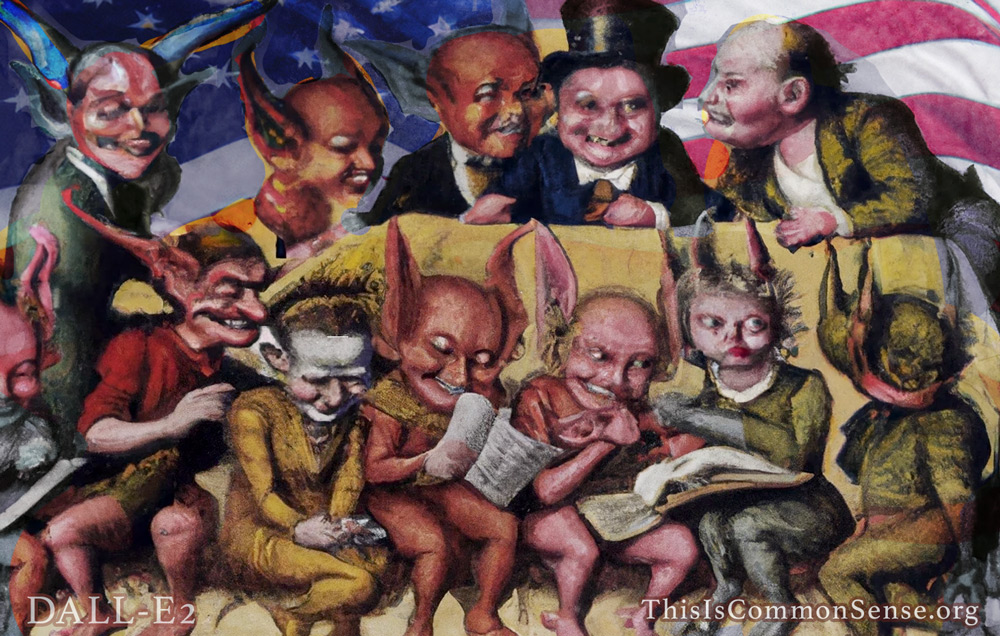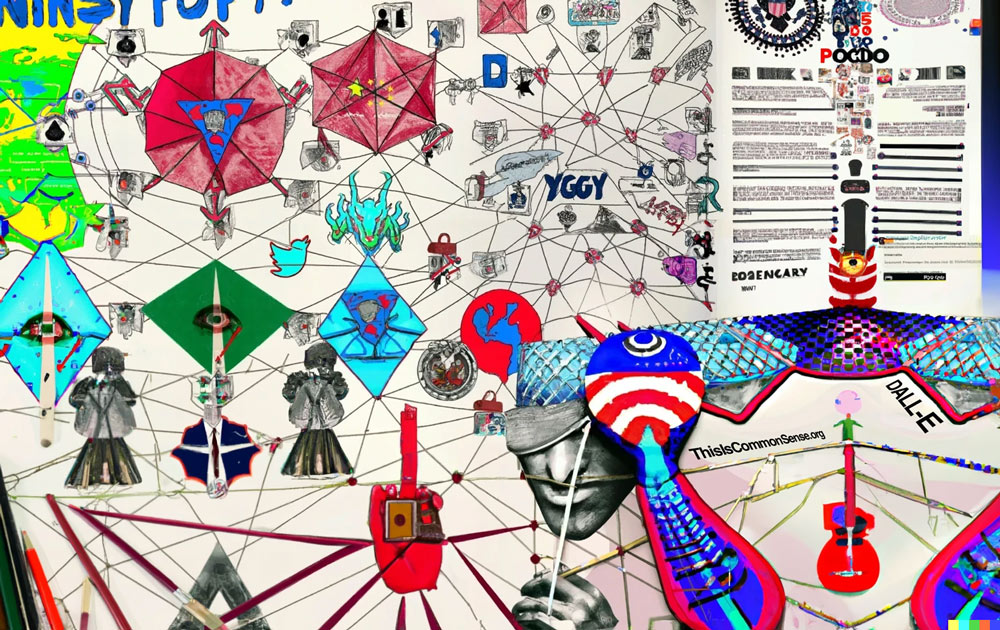China is one of the world’s top censors.
The Chinazi regime bans all kinds of communication, even images of Winnie the Pooh (because of its use as a symbol of chubby Dictator Xi). It has imposed all manner of censorship on the Internet, often with the help of western technology companies. And it has imprisoned many of its critics.
China would like the whole world to be the same way. It would be easier to shut critics up if they had no place to escape to, no place where they could continue publicly rebuking the Chinese government.
And China has a new weapon with which to expand its censorship regime, the globally popular excuse for outlawing disagreement with official doctrines that consists of characterizing all contrary opinion as “misinformation” or “disinformation.”
The Chinese government wants nations to go much further than merely urging social media companies to ban posts or suspend users, the approach that U.S. officials have been following in recent years. At a recent United Nations meeting on cybercrime and in a related document (p. 18), China has urged that disseminating “false information that could result in serious social disorder” be everywhere established as “criminal offenses.”
Reclaim the Net observes that this proposal “is likely to be contested by Western countries, even though many of them have been copying parts of China’s playbook.”
Certainly, the governments of other countries would be in a better position to oppose China’s global censorship agenda if they relinquished their own censorship agendas.
This is Common Sense. I’m Paul Jacob.
Illustration created with Midjourney and DALL-E2
—
See all recent commentary
(simplified and organized)



